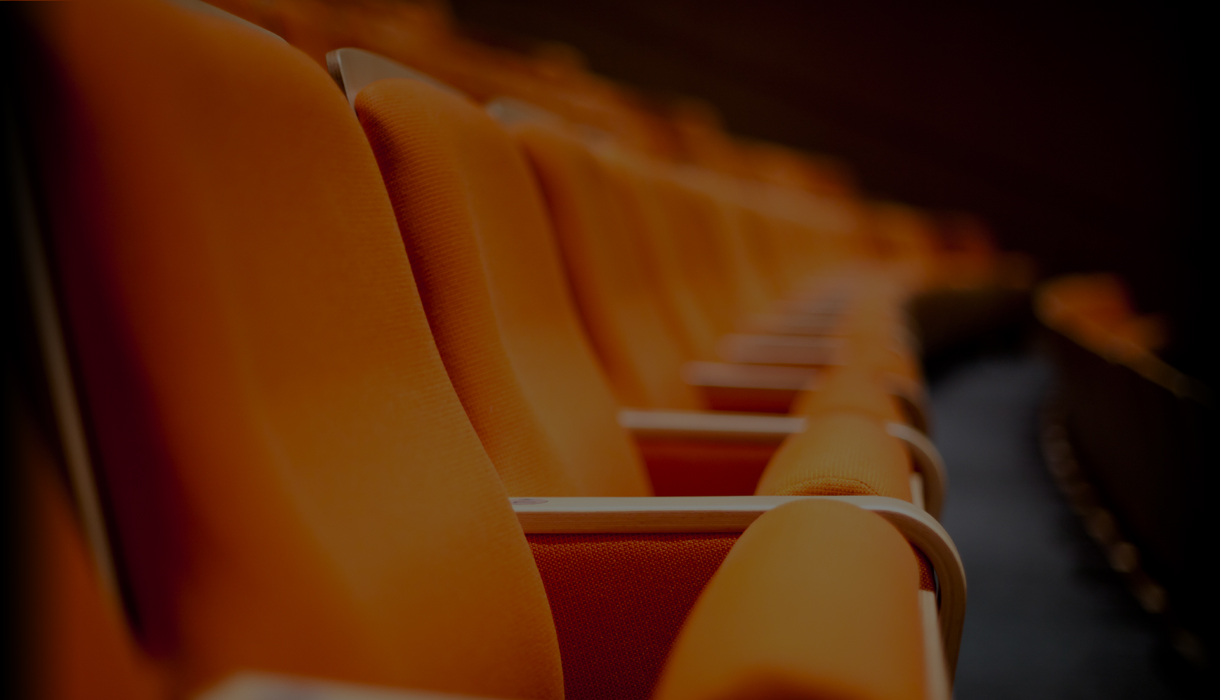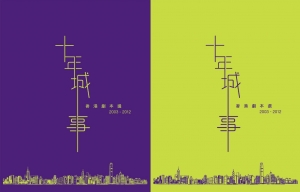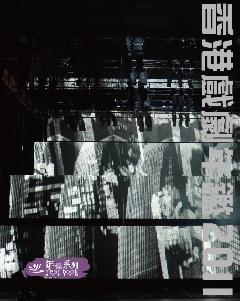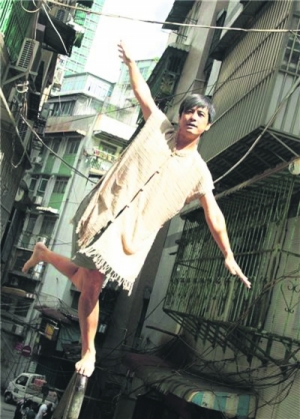It is impossible to describe this concert without mentioning the high point - after the music was finished, the dizi soloist got down on one knee and proposed to the pipa player, Sha Jingshan. She smiled and the audience cheered, so she must have said “yes.”
As for the music, it was made up of enjoyable short new works, including several premieres. Ricky Yeung played the dizi with his usual fluency and mastery, exhibiting a beautiful range of sounds from gentle to fierce. Very occasionally he sounded uncharacteristically nervous, which was well explained by the “encore.”
Timothy Kwok was the capable pianist and the players on double bass, erhu, zhongruan and pipa were also excellent. Simon Kong deserves special mention as a fine tambour and bass player as well as a promising young composer. Many of the pieces on the programme were for piano and dizi. Piano, while popular, can be problematic in transcribing Chinese music. The piano supports the dizi well enough harmonically, but with its metal frame, it is not as natural a partner to the bamboo dizi as the Chinese yangqin or the guzheng. It’s a bit like putting black bean sauce on a tortilla, and the dizi sounded a little strained to match the mechanical tuning of the piano at times.
The first piece, Weeping Flowers for dizi and piano by Zhang Weiliang, used the piano sparingly. The dizi part featured a savory buzzing tone and wide vibrato. The high notes and a single-note fingered tremolo were lovely. The Fragrance of Red Citrus by Fang Xiaomin was played on a smaller flute. It was in triple meter, unusual for Chinese music, and had a sunny, cheerful lilt that grew into something more passionate. The piano had more to do and balanced the dizi well. The piece took surprising twists and turns, building to a grand theme complete with arpeggios and trills and ending on a light, high note.
The New Five-Piece Combo by Alfred Wong was a jazzy re-think of a traditional Cantonese ensemble. Not an awkward transplant, but a refreshingly organic mix using a touch of swing rhythm, playful figures and zipping runs underpinned by a firm bass. The textures and rhythms with the added erhu, zhongruan and bass were interesting all the way through including fun details like a sliding tremolo.
Broken Bridge in the Snow by Liu Xijin, arranged by Simon Kong, was a delicate creation. It had a pretty pattern, subtly pedaled, in the piano, under a long-breathed melody in the flute. In a display of lung power, there was a flute trill that seemed to last a full minute. The piano had a chance to dig in with big chords and octaves but the return to the initial idea, after a piercing high climax, was the loveliest moment. The Love of Eagles by Liu Wenjin moved to Middle-Eastern scales and a tambour played with a lively beat. The realistic eagle cries on the dizi were carried along with jazzy energy and momentum. The low dizi again had a spicy, reedy buzz.
Unfettered was the world premiere of a duet for end-blown xiao and pipa, by Simon Kong. The significance of this duet between Yeung and Sha Jingshan would be revealed later when Yeung put a ring on it. The low, gentle xiao and pipa harmonies floated in perfect balance, playing with inventive ideas as if in quiet conversation. In The Butterfly Dream by Kuan Nai-chung the piano was standing in for the orchestra. The form was ambitious, modulating to different keys and developing themes Western-style. The piano had rushing, pounding passages that were almost too aggressive. The third movement was a highlight with an appealing tune, mini-Rachmaninov piano swirls and ballad style melodies. Complete with downward scales like the sound of ripping cloth, it was a great ride.
本網站內一切內容之版權均屬國際演藝評論家協會(香港分會)及原作者所有,未經本會及/或原作者書面同意,不得轉載。









